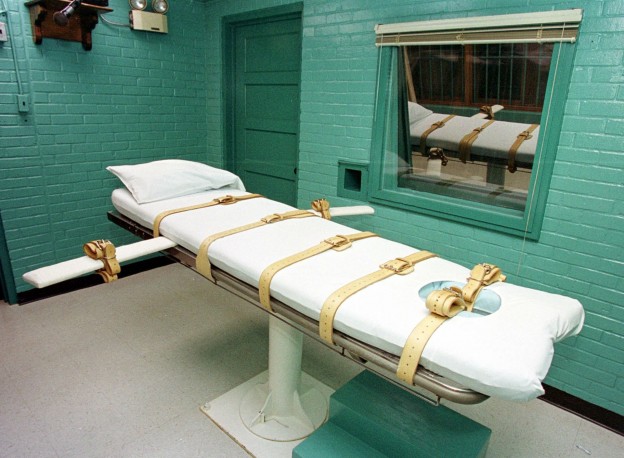Real Questions of Mercy
Another, presumably rhetorical question offered by proponents of the death penalty and other “tougher” sentencing and punishment philosophies, is this: “Why should we show any mercy to people who didn’t show any mercy toward their victims.”
This is a question that largely answers itself.
It is precisely the capacity of decent people to show mercy, especially toward those who have done nothing to deserve and much to forfeit it, that makes us better than those who don’t show or possess it, and it is what gives us the moral authority to sit in judgment of them.
To use the barbarity of others as an excuse to jettison the very traits that separate us from them is make society more like the barbarians and less like the civilized society we would pretend ourselves to be.
I think there is still an instinct, carried over from our tribal ancestors, that equates mercy or compassion with weakness, and to that tribal mind, a murderer is little different from a marauding member of a rival tribe.
But the fear of appearing weak is one of the surest signs of weakness, and one has to feel secure in order to show compassion to those who have wronged us. Even if we don’t feel totally secure, then the outward show of compassion can create the illusion of strength that, if repeated often enough can become the reality.
All I can say in conclusion is that, as far as I can tell, the convincing arguments in favor capital punishment are all very emotional and those emotions no longer seem compelling. The compelling arguments against the death penalty have reason on their side, and rationality never gets old.
